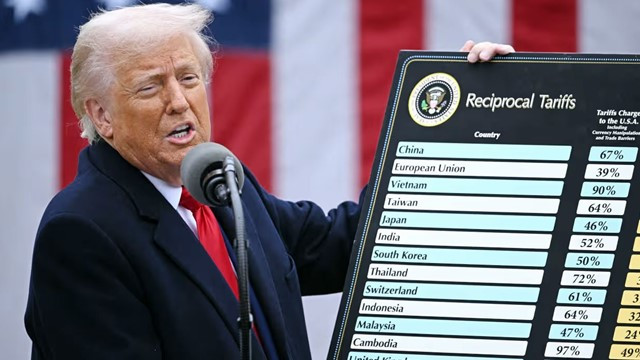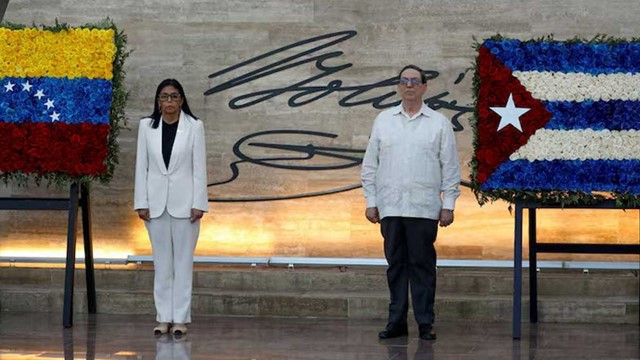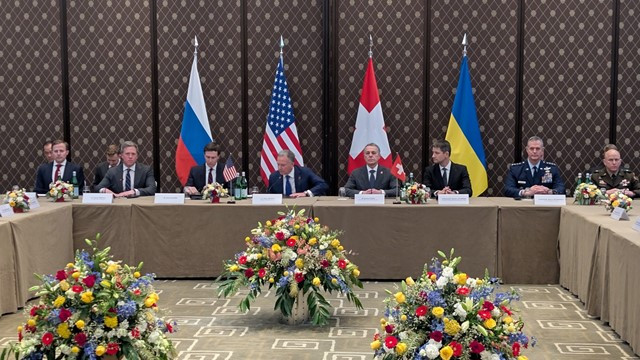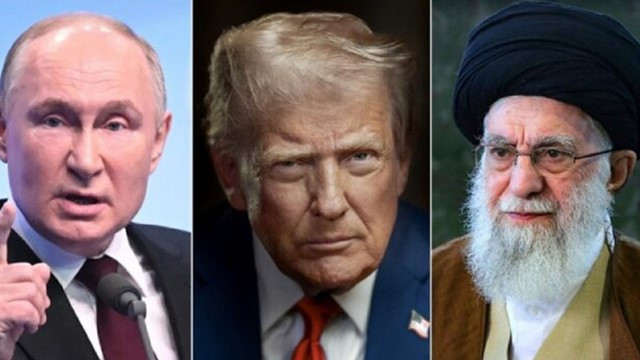১০ ফাল্গুন ১৪৩২
Mixed Global Picture Emerges on Capital Punishment Policies
18 November 2025 18:11 PM
NEWS DESK
The United States last January executed a convicted murderer using nitrogen gas—marking the first time the country has carried out a death sentence with this method. In Japan, authorities recently hanged a man convicted of an arson attack that killed 36 people.
In Bangladesh, the International Crimes Tribunal on Monday sentenced former Prime Minister Sheikh Hasina to death for crimes against humanity committed during the July mass uprising. Former Home Minister Asaduzzaman Khan was also sentenced to death, while former Inspector General of Police Chowdhury Abdullah Al-Mamun received a five-year prison term.
These developments come at a time when the use of the death penalty appears to be rising globally, even as many nations have fully or partially abolished the practice. According to London-based human rights organization Amnesty International, nine countries in 2022 retained the death penalty only for the “most serious” crimes, such as multiple murders or war crimes. Another 23 countries have death penalty laws on the books but have not carried out an execution in at least a decade.
A 2025 report by World Population Review lists 55 countries and regions where the death penalty remains legal, including India, China, the United States, Indonesia, Pakistan, Nigeria, Bangladesh, Ethiopia, Japan, Egypt, the Democratic Republic of Congo, Vietnam, Iran, Thailand, Myanmar, Sudan, Uganda, Iraq, Afghanistan, Yemen, Malaysia, Saudi Arabia, North Korea, Syria, and Taiwan, among others.
Amnesty International compiles global death penalty data using government statistics, media reports, and information from families and representatives of those sentenced to death. The organization believes China remains the world’s leading executor, carrying out several thousand executions annually, though exact numbers are unknown as the country keeps such data secret.
Excluding China, at least 883 executions took place worldwide in 2022—the highest number since 2017, though lower than the figures recorded in 1988, 1989, and 2015, when more than 1,500 people were executed annually. That same year, at least 2,016 new death sentences were imposed across 52 countries, and more than 28,000 inmates were on death row globally. Many prisoners wait years—sometimes decades—for their sentences to be carried out.
Twenty countries conducted executions in 2022, up from 18 in 2021. Outside China, the highest numbers were recorded in Iran, Saudi Arabia, Egypt, and the United States.
In Iran, at least three public executions took place in 2022, and the country sentenced five individuals who were under the age of 18 at the time of their crimes. Amnesty reports that 11 countries regularly carry out executions, including China, Egypt, Iran, Iraq, Saudi Arabia, the United States, Vietnam, and Yemen. North Korea is also believed to routinely execute prisoners, though independent verification is impossible.
Saudi Arabia carried out its highest number of executions in 30 years in 2022. Five countries—Bahrain, Comoros, Laos, Niger, and South Korea—resumed executions after years without using the punishment.
Drug-related offences remain a major driver of capital punishment. In 2022, at least 325 people were executed worldwide for drug crimes—255 in Iran, 57 in Saudi Arabia, and 11 in Singapore. In 2023, Singapore executed its first female prisoner in nearly 20 years for a 2018 heroin trafficking conviction.
By contrast, 112 countries reported no executions in 2022—up from just 48 in 1991. Six countries partially or fully abolished the death penalty that year. Kazakhstan, Papua New Guinea, Sierra Leone, and the Central African Republic eliminated it entirely, while Equatorial Guinea and Zambia restricted it to only the most serious crimes.
In 2023, Malaysia’s parliament voted to abolish mandatory death sentences for 11 major offences, and Ghana’s parliament approved a bill to abolish the death penalty.
Countries that have abolished the death penalty include Mexico, the Philippines, Turkey, Germany, the United Kingdom, France, South Africa, Italy, Colombia, Spain, Argentina, Canada, Angola, Ukraine, Poland, Uzbekistan, Mozambique, Madagascar, Côte d’Ivoire, Nepal, Venezuela, Australia, Chad, Kazakhstan, Senegal, Romania, the Netherlands, Ecuador, Cambodia, Guinea, Benin, Rwanda, Burundi, Bolivia, Haiti, Belgium, the Dominican Republic, Honduras, Papua New Guinea, Sweden, and the Czech Republic—and many more across Europe, Africa, Asia, Oceania, and Latin America.
Saudi Arabia remains the only country that formally lists beheading as an execution method. Other methods used worldwide include hanging, lethal injection, firing squad, and, most recently, nitrogen hypoxia.
In the U.S., Alabama used nitrogen gas for the first time in 2023 to execute Kenneth Smith, a convicted murderer. The Death Penalty Information Center noted it was the first known execution of its kind globally. Smith’s lawyers condemned the method as “cruel and unusual.” Two other U.S. states have also authorized nitrogen gas. A shortage of lethal injection drugs has contributed to declining execution rates across the country.



















Comments Here: